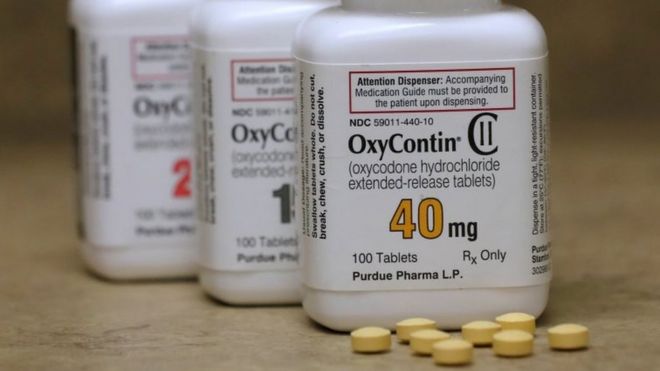
We have been hearing plenty this year about the unwillingness of the Justice Department to bring criminal charges against Donald Trump, but a new report from Public Citizen shows there is an even bigger non-prosecution scandal when it comes to lawbreaking by large corporations.
Soft on Corporate Crime is a detailed analysis of the long-standing yet still disturbing practice by which big companies found to be involved in serious misconduct are given a sweet deal not typically available to individual criminals. These deals, known as non-prosecution and deferred prosecution agreements, allow the company to avoid criminal charges if it admits to the wrongdoing, pays a penalty, and signs an agreement that leaves open the prospect of future prosecution if the bad behavior continues.
Using data from the Corporate Prosecution Registry, Public Citizen examined the 535 NPAs and DPAs the Justice Department has entered into since 1992. The report finds that the practice originated in the Clinton Administration and has been used widely during both Democratic and Republican presidencies. The Trump Administration’s DOJ has continued the trend amid its overall reduction in corporate prosecutions.
NPAs and DPAs are part of a fundamental unwillingness of the U.S. justice system to get really tough with corporate miscreants, no matter how egregious their behavior. The argument for using these agreements is that conventional prosecutions of large corporations could result in their demise—as happened in the Arthur Andersen case of the early 2000s—and thereby cause great harm to employees and shareholders.
The theory is that having companies admit responsibility for the misconduct and pay substantial monetary penalties would be enough to deter future wrongdoing. Yet Public Citizen’s research makes it clear that the deterrent effect of NPAs and DPAs is quite weak.
The report finds 38 examples in which companies that had signed those agreements were later the subject of a new criminal enforcement action by DOJ. The problem is that DOJ rarely punishes repeat offenders for violating NPAs and DPAs. Public Citizen found only seven examples, and of these only three corporations—UBS, Barclays and Aibel Group—faced full prosecution for their recidivism. In other cases, the penalty, if you can call it that, was simply to extend the terms of the NPA or DPA and sometimes an additional monetary penalty.
Public Citizen highlights seven egregious examples of corporate repeat offenders that have received multiple DPAs and/or NPAs. These include four banks (HSBC, Deutsche Bank, JPMorgan Chase and Societe Generale) along with Bristol-Myers Squibb, Zimmer Biomet and Las Vegas Sands.
Although the report focuses on corporate criminal recidivism, it is worth pointing out that many of these companies were embroiled in civil misconduct cases in the period during which they were supposed to be on their best behavior to comply with the NPA or DPA.
For example, as shown in Violation Tracker, in the period since JPMorgan entered into its first NPA in 2011 it has paid more than $26 billion in civil penalties (including settlements). A substantial portion of that total comes from actions that date back to the 2000s, but there is still a strong indication that the NPA did not do much to change the bank’s overall behavior.
The bank’s civil and criminal wrongdoing seemed to have little effect on DOJ’s treatment of the company either. It’s true that JPMorgan had to plead guilty in 2015 to conspiring with other banks to manipulate global currency exchange rates, yet the following year it was offered an NPA in another case.
Public Citizen concludes that the Justice Department’s NPA/DPA system has been a failure, finding that instead of deterring future misconduct the agreements have “enabled further wrongdoing.” At the very least, the report concludes, DOJ should stop offering the agreements to repeat offenders but the ultimate fix would be to end the practice completely and prosecute corporations to the fullest.
Note: Violation Tracker has 360 NPA or DPA entries dating back to 2000. A list can be found here.



You must be logged in to post a comment.